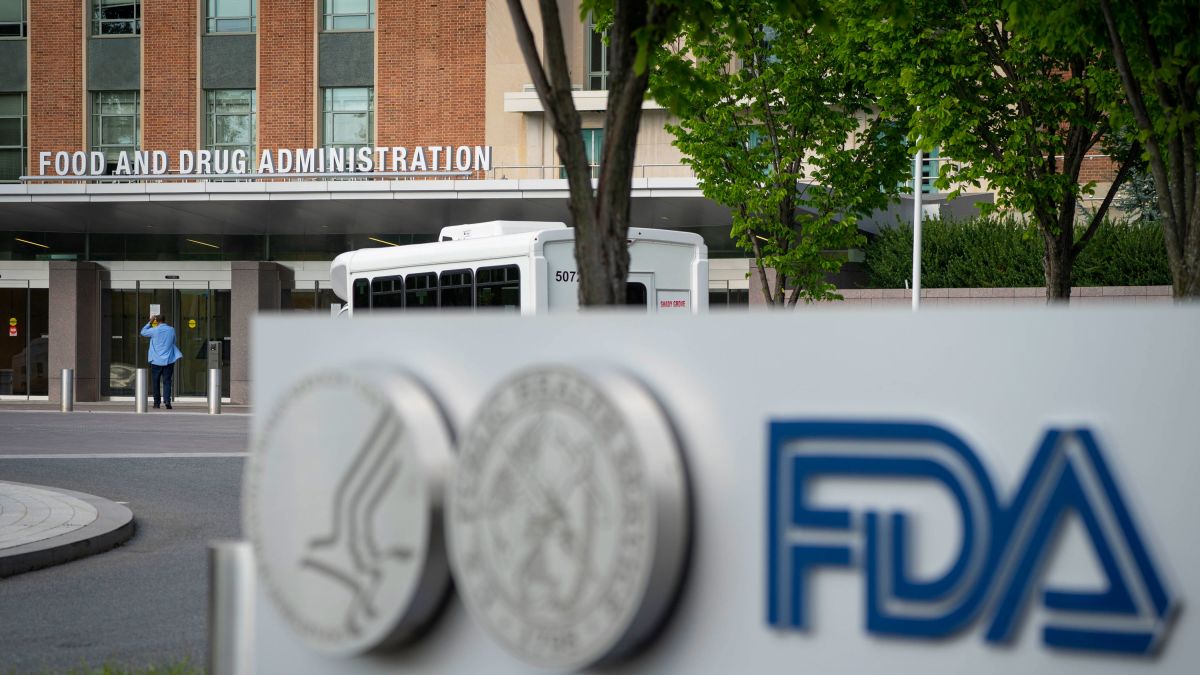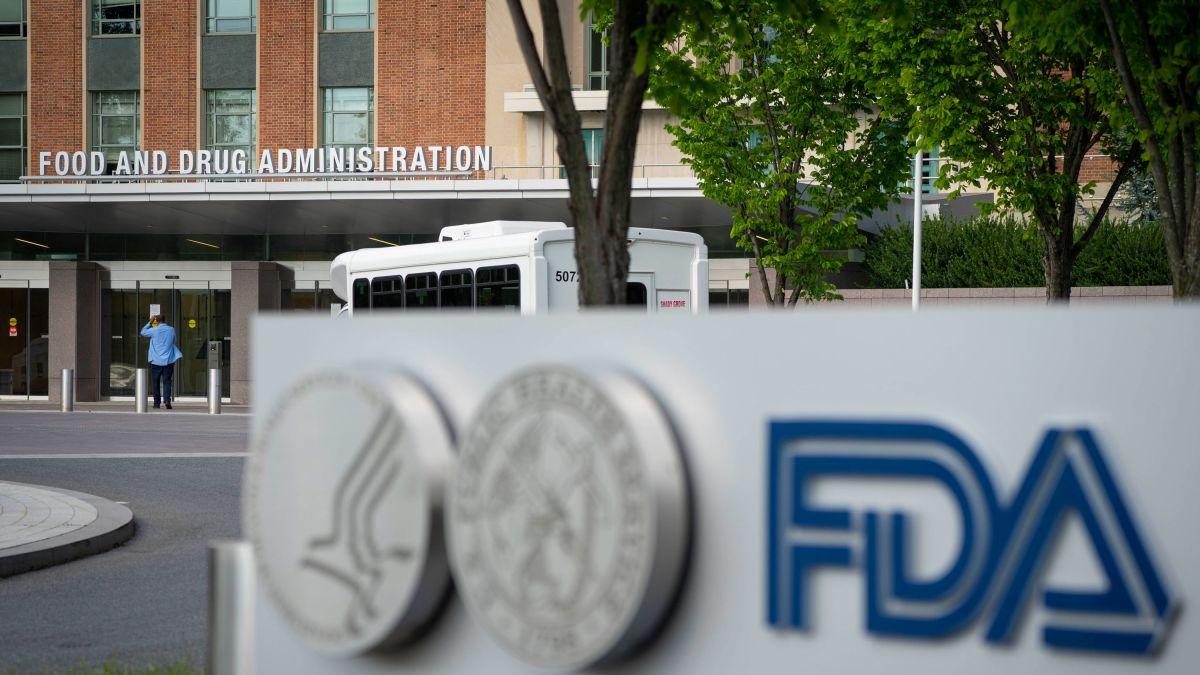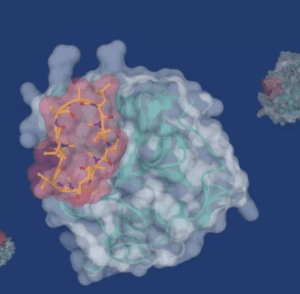The FDA’s latest regulations on peptides are focused on ensuring the safety and efficacy of these drugs. In recent years, there has been a growing interest in peptides for the treatment of a variety of conditions, including cancer, diabetes, and obesity. However, peptides can also be complex and challenging to develop and manufacture.

On September 29, 2023, FDA issued Safety Risks Associated with Certain Bulk Drug Substances Nominated for Use in Compounding, in which many popular peptides used in compounding pharmacies are considered not safe or with safety risks.
Category 2 of the Bulk Substances Nominated Under Sections 503A or 503B of the Federal Food, Drug, and Cosmetic Act
FDA finalized two guidances clarifying the agency’s proposed policies concerning the use of certain bulk drug substances in compounding by state-licensed pharmacies, federal facilities, and licensed physicians (under section 503A), and by outsourcing facilities (under section 503B):
- Guidance for Industry, Interim Policy on Compounding Using Bulk Drug Substances Under Section 503A of the Federal Food, Drug, and Cosmetic Act
- Guidance for Industry, Interim Policy on Compounding Using Bulk Drug Substances Under Section 503B of the Federal Food, Drug, and Cosmetic Act
The guidance documents describe three categories of nominated bulk drug substances. The bulk drug substances in category 2 were nominated for use in compounding under sections 503A or 503B with sufficient supporting information for FDA to evaluate them, but they raise significant safety risks. FDA would consider taking action against a compounder or outsourcing facility for compounding drug products with bulk drug substances listed in category 2 under its general enforcement policies.
In the past couple of years, FDA has issued multiple policies, guidelines on peptide related products to the industry:
ANDAs for Certain Highly Purified Synthetic Peptide Drug Products That Refer to Listed Drugs of rDNA Origin (May 2021)
Clinical Pharmacology Considerations for Peptide Drug Products (September 2023)
Human Radiolabeled Mass Balance Studies (May 2022)
Impaired Renal Function – Study Design, Data Analysis, and Impact on Dosing (September 2020)
Noncirrhotic Nonalcoholic Steatohepatitis With Liver Fibrosis: Developing Drugs for Treatment (December 2018)
For example, the FDA issued a guidance document for industry on the development of peptide drug products in 2021. This guidance document provides recommendations on a variety of topics, including preclinical studies, clinical trials, and manufacturing.
The FDA is also developing new guidance documents on specific aspects of peptide development, such as the assessment of immunogenicity and the use of bioinformatics.
Here are some of the key aspects of the FDA’s latest regulations on peptides:
- Preclinical studies: The FDA requires that peptide drug products be thoroughly evaluated in preclinical studies before they are tested in humans. These studies should assess the safety and efficacy of the peptide drug product, as well as its pharmacokinetic and pharmacodynamic properties.
- Clinical trials: The FDA requires that peptide drug products be tested in well-designed clinical trials to demonstrate their safety and efficacy. These trials should be conducted in accordance with Good Clinical Practice (GCP) regulations.
- Manufacturing: The FDA requires that peptide drug products be manufactured in accordance with Current Good Manufacturing Practice (CGMP) regulations. This ensures that the peptide drug products are consistently produced to a high quality standard.
The FDA is committed to working with industry to ensure the safe and effective development of peptide drug products. The FDA’s latest regulations on peptides are designed to protect the public health and to promote innovation in this important field.
In addition to the above, the FDA is also working to develop new regulatory pathways for peptides. For example, the FDA is considering a new pathway for peptides that are intended to treat rare diseases. This new pathway could make it easier and faster for developers to bring peptide drugs to market for patients with rare diseases.
The FDA is also working to develop new tools and technologies to assess the safety and efficacy of peptides. For example, the FDA is developing new bioinformatic tools to predict the immunogenicity of peptides. These new tools could help to reduce the risk of immunogenicity-related adverse events in clinical trials and after marketing approval.
The FDA’s latest regulations on peptides are still evolving, but the FDA is committed to working with industry to ensure the safe and effective development of these important drugs.



